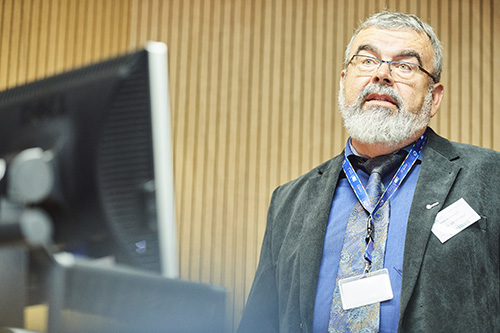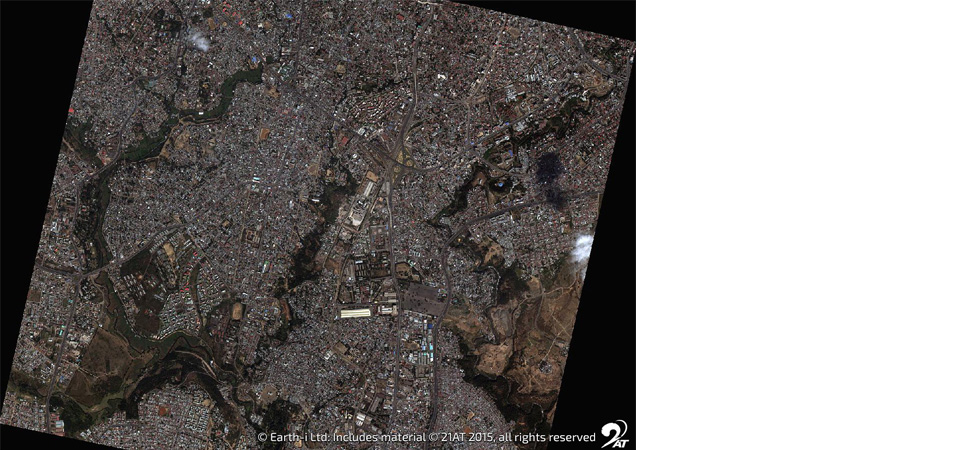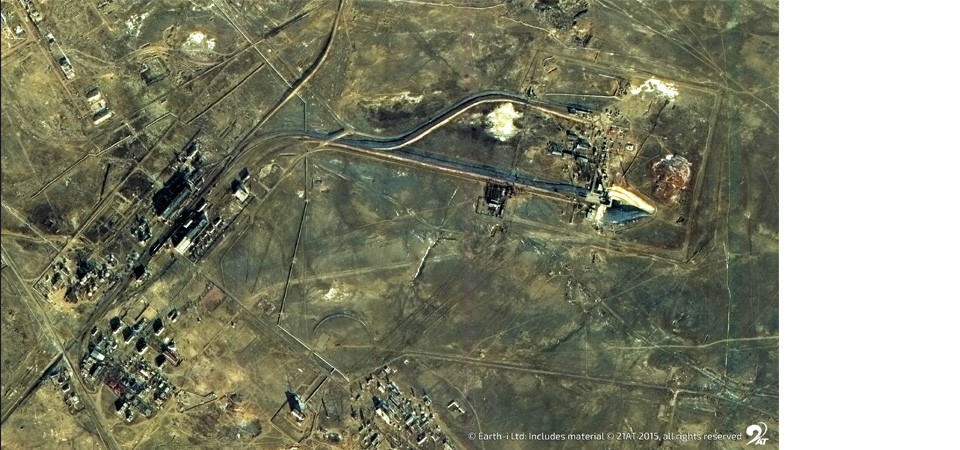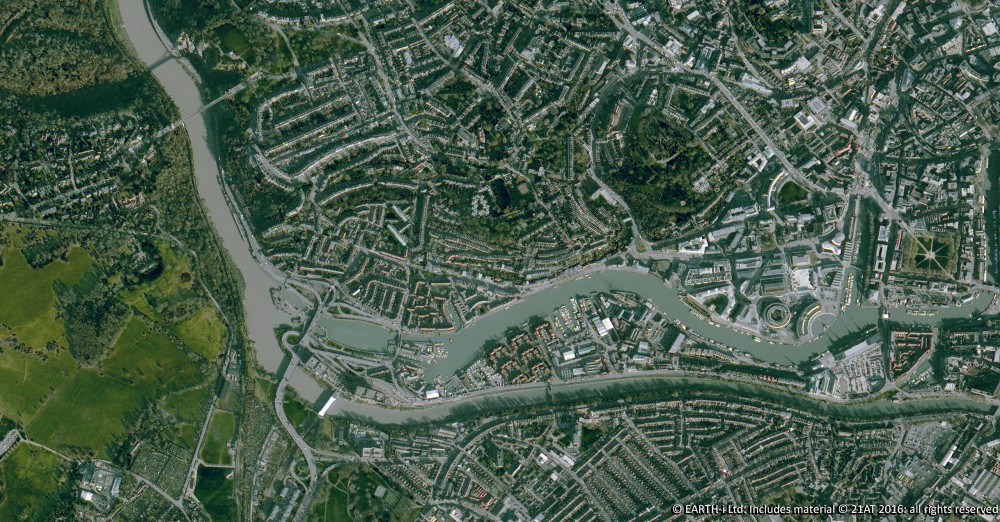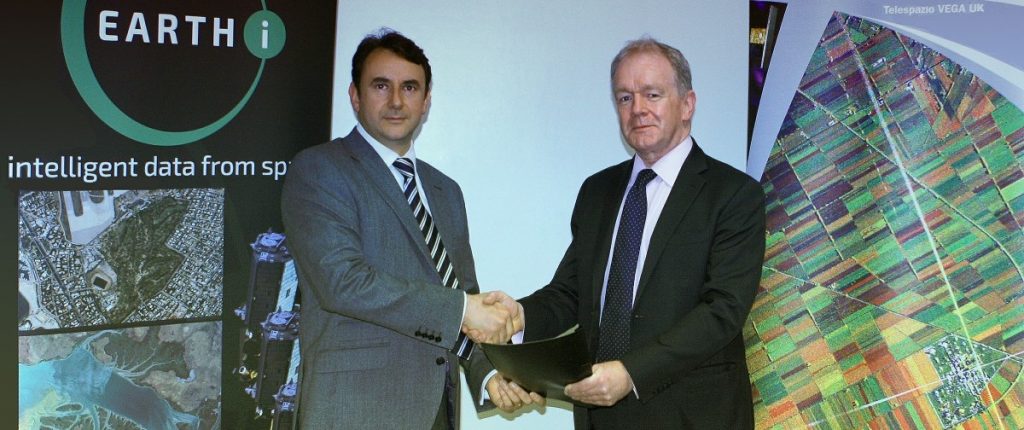Around 80% of the world’s coffee is produced by 25 million small-scale coffee farmers. For many of them, coffee is their main source of income and their dependence on it as a cash crop is critical. On average, about 50% of coffee farming household income actually results from coffee production – in Rwanda and Kenya for example, farmers do earn a living from sales of other farm goods or other employment away from the farm, but coffee is often the main source of cash income. So how can space technology improve farmer income?
Farmers’ reliance on coffee to support their livelihoods, and the profitability of coffee versus other products can differ widely from country to country, meaning local, bespoke solutions are the key to improving income. Significant factors affecting profitability includes the unpredictability of weather patterns, effective use of inputs and the potential impact of pests and disease – all of which affect yield and therefore eventual profitability of a coffee farm. Increasing profits from cash crops has a direct impact on livelihoods, by securing incomes and therefore the quality of life farmers can provide for their families through higher living standards or better education for their children.
Climate change is affecting coffee growers across the world. Changing weather patterns make it difficult for farmers to avoid the worst effects of unpredictable rainfall and varying temperatures. Inputs such as fertilisers and pesticides are crucial to producing high coffee bean yields, protecting the trees from pests and diseases, and maximising crop health. In fact, to be as effective as possible, these inputs must be applied at the right time – exactly when the local climate condition is conducive to an outbreak of a particular disease or pest. Given fungicide and pesticide inputs can be expensive, using them effectively will also effect profit margins and is a major financial imperative for the farmer.
Farmers have long relied on traditional methods of predicting weather patterns and managing crop inputs. With around 25-30 critical crop management decisions to make during the growing season, getting them right, and particularly getting the timing of inputs right, is the difference between a good harvest or a poor one. The right inputs delivered at the wrong time can have no meaningful effect on crop yields, or missing the window of opportunity to apply a fungicide or pesticide can have a disastrous consequence if a plant disease or pest then takes hold.
But now satellite-enabled technology can provide trusted, accurate information with much greater accuracy and certainty than traditional methods. ACCORD provides a precision farming service for small-holder coffee farmers in Kenya and Rwanda – messages advising highly localised and accurate short-term climate forecasts, and the crucial windows of opportunity to apply appropriate inputs, are delivered via SMS direct to the farmer’s mobile phone, giving real-time, localised information when they need it.
Accurate, highly localised weather and climate information can let coffee growers know the best time to apply inputs. Predictions of fluctuations in the local micro-climate can help reduce the impact of climate change on coffee yields by taking the guesswork out of applications. Improving the prospects of a good crop yield will in turn lead to improved and sustainable farmer incomes. Research amongst our client farmers in Kenya shows that one of their greatest concerns is the education of their children. With school fees a major household expense, a secure income from their main cash crop can make all the difference to the prospects of the next generation in one of Africa’s fastest growing knowledge-based economies.
Read more about how the ACCORD programme can improve coffee yields and increase profitability for coffee growers.
Earth Observation specialist brings over 25 years technology and applications experience to company offering daily high-resolution imaging and data…


